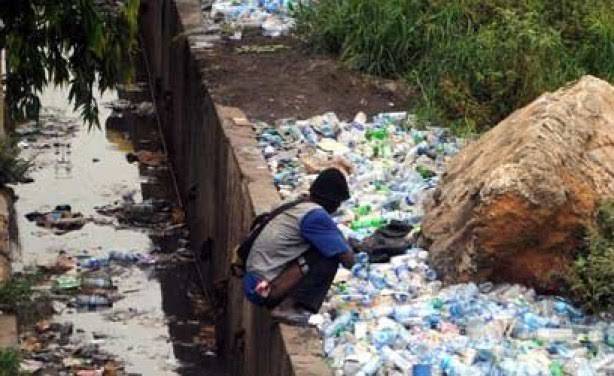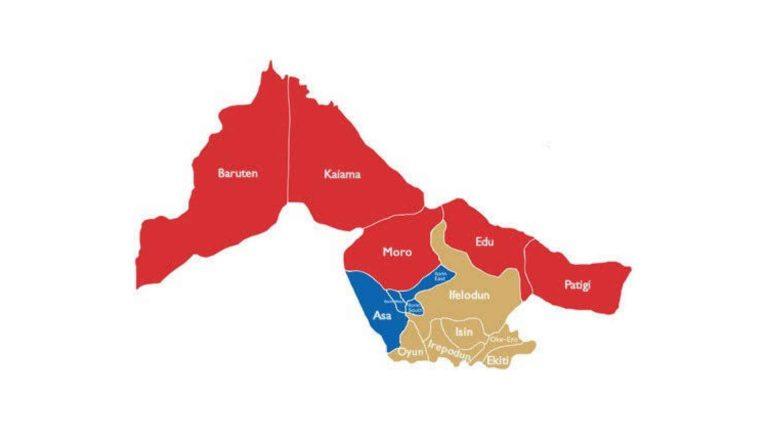Nigeria Tops World Rankings for Open Defecation, UNICEF Reports
According to the United Nations Children’s Fund (UNICEF), Nigeria has the highest rate of open defecation in the world.
During a two-day media dialogue on open defecation in Biu, Borno State, UNICEF Chief of Water, Sanitation and Hygiene (WASH), Jane Bevan, revealed this alarming statistic.
The event was organized by UNICEF in collaboration with the Child Rights Information Bureau (CRIB) of the Federal Ministry of Information and Culture.
Speaking on behalf of Jane Bevan, UNICEF Nigeria WASH Specialist, Chisom Adimorah, highlighted that Nigeria has consistently ranked among the top five countries with the highest number of open defecators for the past 15 years.
The country has progressively moved from fifth place in 2003 to second place in 2015 and has now unfortunately claimed the top spot in 2023, following India’s successful eradication of open defecation in 2019.
Adimorah stated that Nigeria currently has 47 million open defecators, surpassing Ethiopia (20 million), Indonesia (17 million), Pakistan (16 million), and Nigeria itself (16 million).
Expressing concern, she cautioned that Nigeria might not achieve the target of eliminating open defecation by 2025 and 2030.
Adimorah also revealed that only 102 out of 774 local government areas, accounting for 13%, have been certified as Open Defecation Free (ODF).
Furthermore, 24 states and the Federal Capital Territory (FCT) do not have any validated local government area that is ODF.
She emphasized the urgent need to strengthen and expand proven strategies to effectively address this issue and work towards achieving the country’s goals.
Lonis Salihu, UNICEF Nigeria WASH Specialist, highlighted that Borno State is developing a roadmap to become open defecation free.
He mentioned that, with the support of UNICEF interventions, Biu and Shani Local Government Areas (LGAs) in the state have already been declared open defecation free.
Salihu attributed the success to the adoption of the Community Led Total Sanitation (CLTS) approach, which has played a significant role in reducing the prevalence of open defecation.






